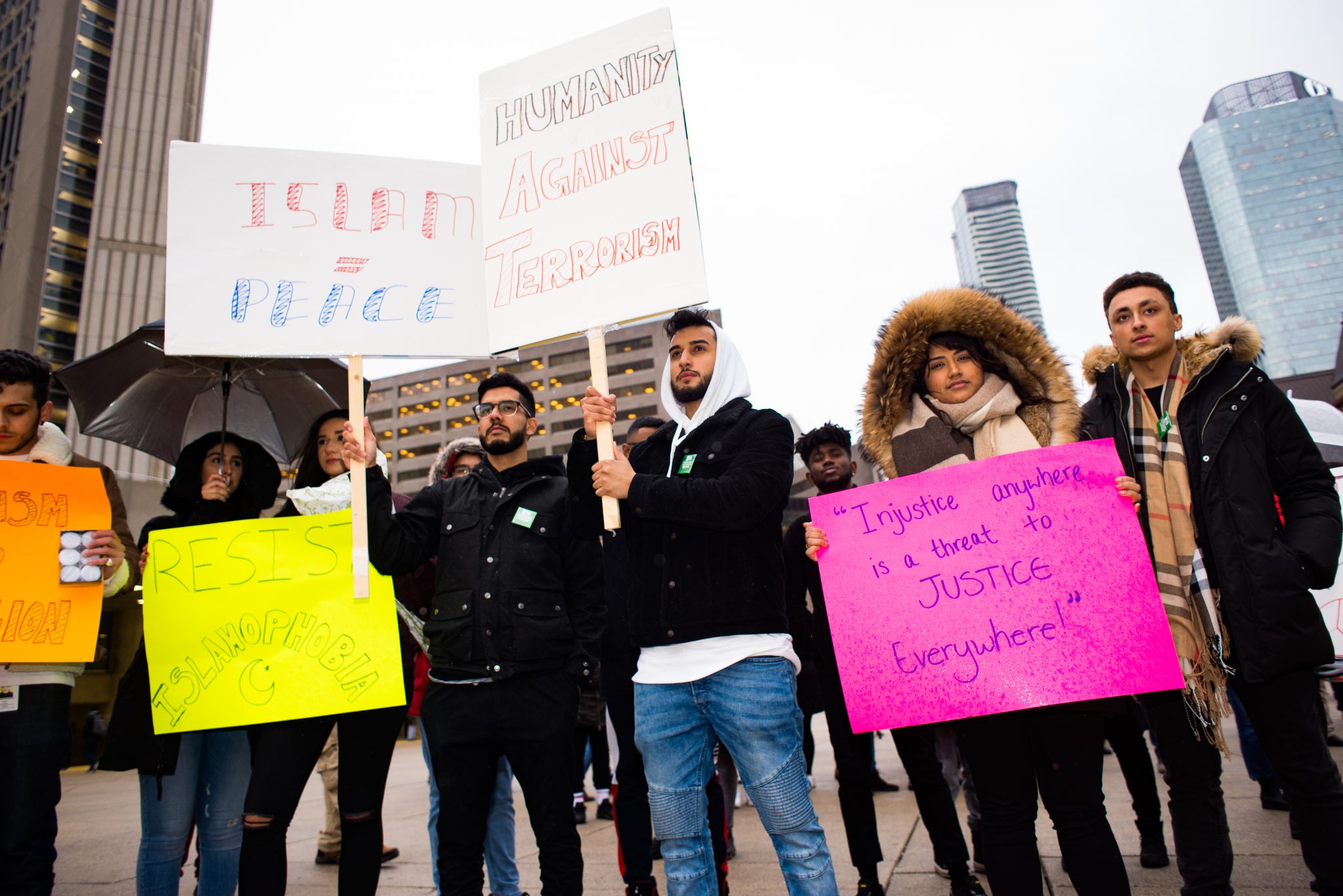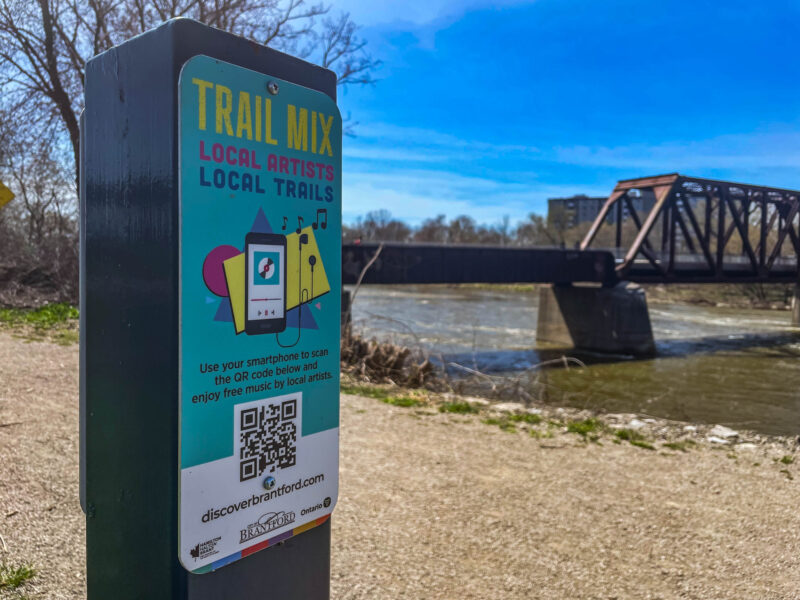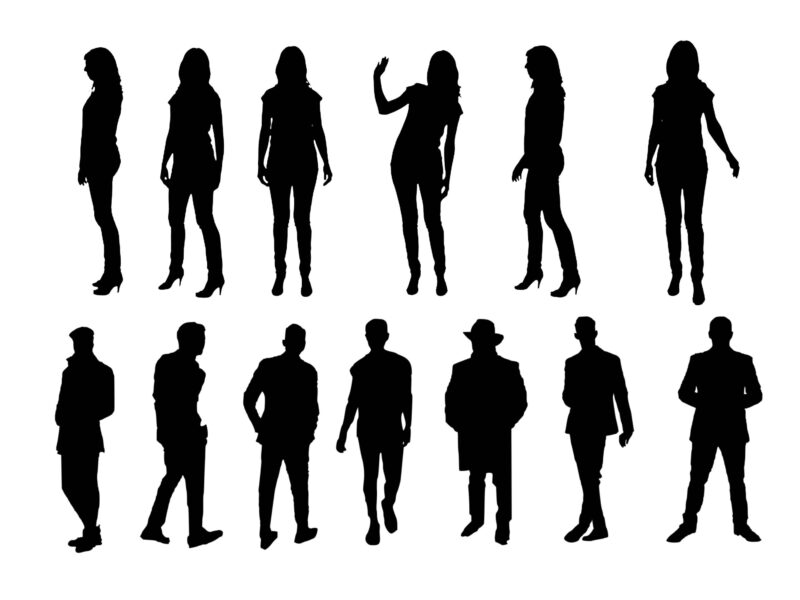PHOTO BY MICHAEL SWAN / FLICKR
The Muslim communities of Canada have long been present, dating back before the implementation of the Canadian Charter of Rights and Freedoms. However, despite this place in the country’s history, many members of the community feel ostracized within and outside the walls of academia. Although this conflict will always arise from ignorance, resources of aid such as the Muslim Student’s Association aim to bridge this gap with knowledge and resources of change and support.
These seeds of change have even spread to the student body, as last year a spotlight was placed on professors found to be teaching false and bias information, and swift action was taken to dismantle this specified view of Islam. This is in addition to a University international recruiter who was discovered to be sharing anti-Muslim propaganda and terminated for resolve. And so, it seems that this issue of Islamophobia permeates the very walls of the academic community we attend.
Syed Usfer Mehdi, President of the Muslim Student Association, identifies the cycle of conflict that arises from a lack of dialogue and non-bias education in the world of academia due to its sense of independent research and application. However, he continues, that this platform of shared learning unfortunately gives way to the liberty of many to transform their freedom of speech into the freedom to offend.
Although information and education should be neutral and fair, personal bias is often brought into the very atmosphere of it and so must be contended with interfaith and cultural dialogue.
“In regards to accommodations, allowing Muslims to create a platform such as the Muslim Student Association, gives us an opportunity to establish coexistence while ensuring we are not undermined, creating a sense of safety and belonging in the academic world, while representing our beliefs and countering Islamophobia,” shared Mehdi.
Feeling the pressures of being a minority can be isolating and lonely but students are encouraged to garner their voice and advocate for change so that eventually it may come; even if not at their hands, there are resources for help.
Mehdi cautions that if “they feel the effects of Islamophobia are strong, their voice requesting justice and decency will always be much stronger.” If additional support is needed, they can always reach out through the Muslim Student Association, the Centre of Equity and Diversity and Inclusion as well as reaching out to student affairs or Special Constables as has been done in the past.
The use of safe spaces is vital to the protection of personal freedoms so that support and representation are found with ease and any disturbances to such security in being are quickly identified and dismantled. So, as Mehdi states, it appears that “the greatest challenge we face in Academia and our general lives today is advocating freedom of speech while making sure we combat harmful speech and misinformation.”




